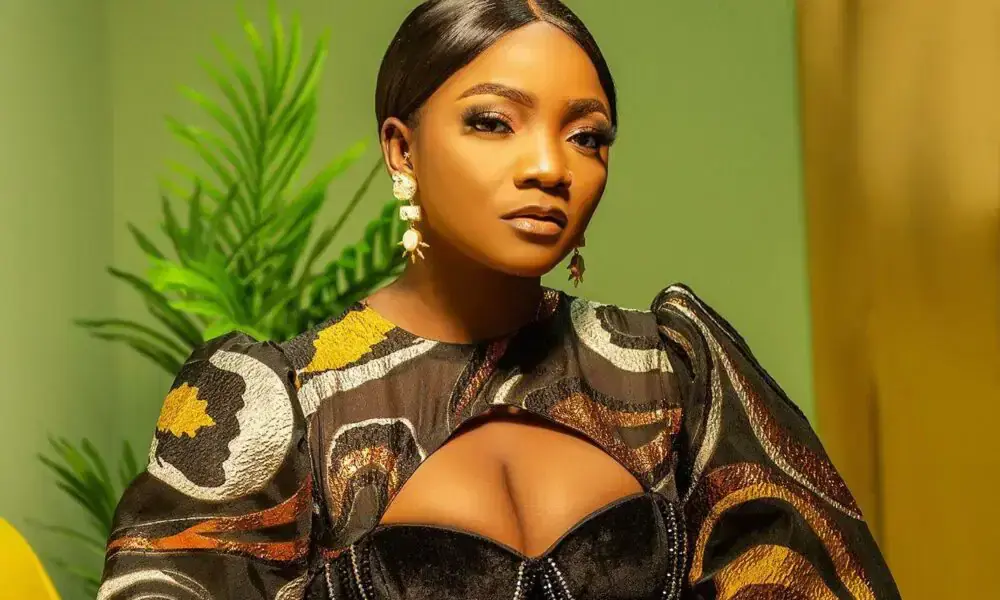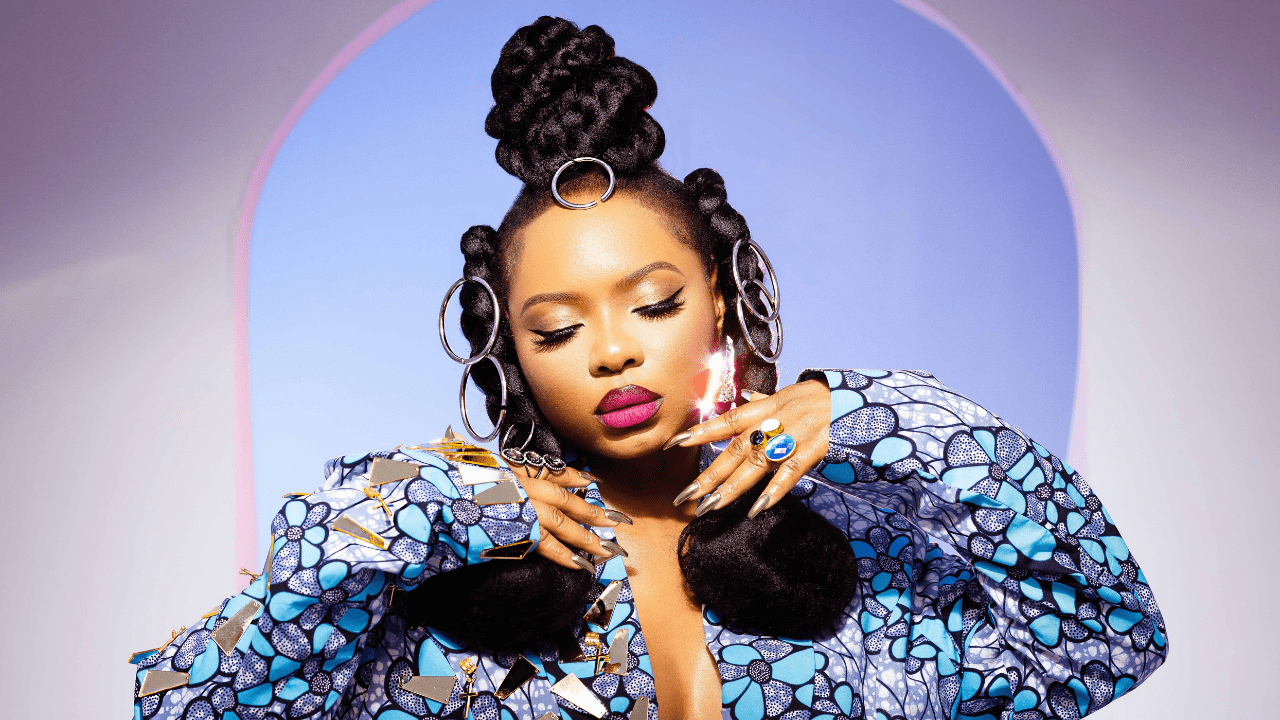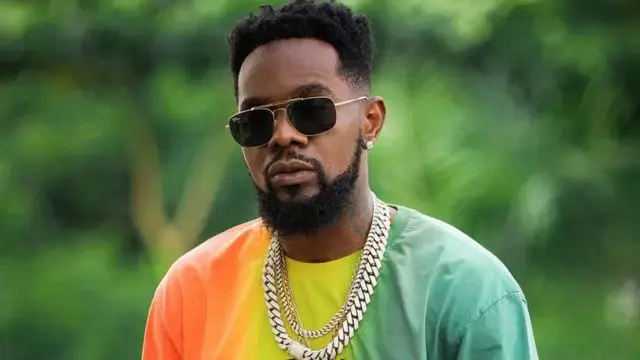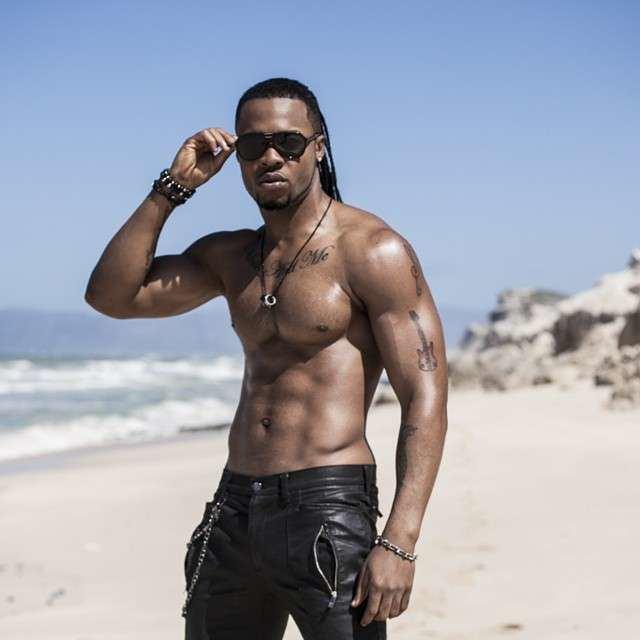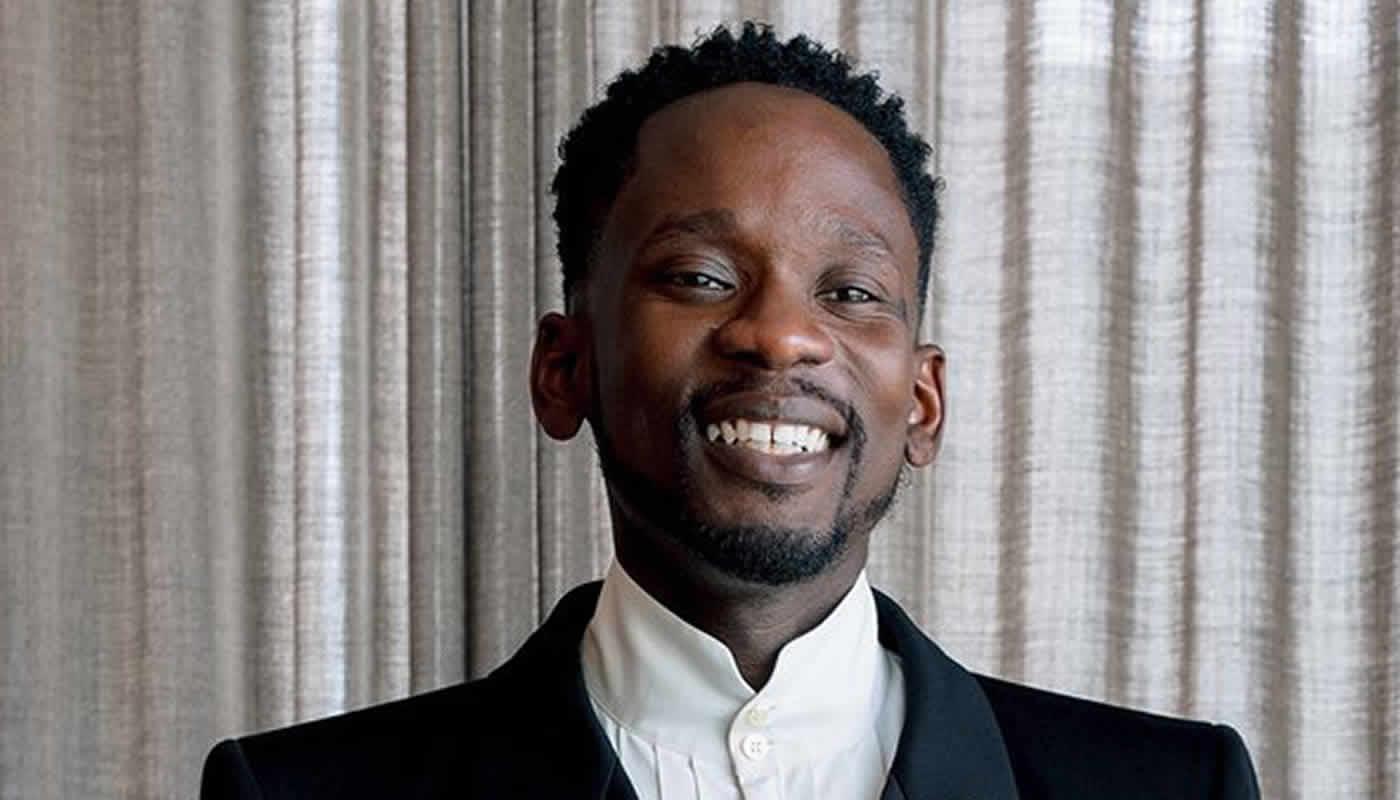Explore Our Bill Payment Services:
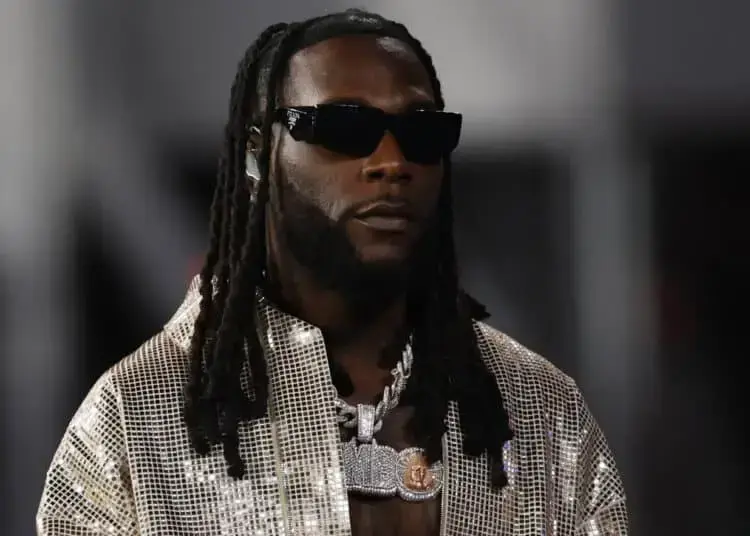
- Biography
- Nigeria
Burna Boy: Biography, Net Worth And Music Career
When you talk about modern African music powerhouses who’ve taken the continent’s sound to the world, one name rings loud — Burna Boy. He’s that artist who blends raw Nigerian energy with global flair, who makes you dance while making you think, and who proudly carries the African identity wherever he performs.
But behind the bright lights, packed concerts, and Grammy trophies lies a story of relentless passion, bold decisions, and an unshakeable belief in his art. This is the story of Damini Ebunoluwa Ogulu, the man the world now knows as Burna Boy — a true African Giant.
Early Life and Background
Damini Ebunoluwa Ogulu was born on July 2, 1991, in Port Harcourt, Rivers State, Nigeria, into a family that already had strong cultural and musical roots. His father, Samuel Ogulu, worked in the corporate sector, while his mother, Bose Ogulu, a language expert and lecturer, would later become his manager — the powerful “Mama Burna” the world knows today.
Interestingly, Burna Boy’s grandfather once managed Fela Kuti, the legendary Afrobeat pioneer. So, you could say that Afrobeat literally runs in his bloodline. It’s no surprise then that his music often echoes Fela’s rebellious energy — bold, socially conscious, and unapologetically African.
Growing up, Burna was exposed to multiple cultures and languages. He spent part of his childhood in Nigeria and later in the United Kingdom, which helped shape his worldview and musical palette. His mother’s linguistic skills and academic discipline balanced out his creative restlessness, giving him both the grounding and freedom to explore.
From a young age, Burna Boy showed signs that he was destined for stardom. He was that kid who’d mimic songs and perform at family gatherings, always eager to entertain. By the time he hit his teenage years, music wasn’t just a hobby — it had become his identity.
He attended Corona Secondary School in Agbara, Ogun State, before moving to the UK for higher education. He enrolled at the University of Sussex to study Media Technology and later transferred to Oxford Brookes University to study Media Communications and Culture. However, academia couldn’t contain his creative fire for long.
Around 2010, Burna decided to drop out of university and return to Nigeria to chase his dream. It was a bold decision that would soon change his life — and the African music scene — forever.
The Birth of “Burna Boy” and His Musical Identity
Upon returning home, Burna Boy wasted no time immersing himself in the music scene. He interned at Rhythm 93.7 FM in Port Harcourt, joined a small rap collective called DEF Code, and started experimenting with music production using FL Studio.
His stage name “Burna Boy” reportedly came from his fascination with comic books as a child — he wanted to be a superhero, so he called himself Burna Boy. Ironically, he grew up to become one, musically speaking.
His sound was unlike anything in Nigeria at the time. While many were chasing pop fame, Burna was blending Afrobeats, reggae, dancehall, R&B, and hip-hop, creating what he later called Afro-fusion. He sang in English, Yoruba, and Nigerian Pidgin, weaving local storytelling into global rhythms.
That fearless experimentation would soon pay off.
Burna Boy’s Music Career: From Port Harcourt to the Grammys
Burna Boy’s career can be divided into phases — the breakout, the evolution, and the global takeover.
2012: The Breakout Year
Burna Boy’s breakout single, “Like to Party,” dropped in 2012 and quickly became a national anthem. The song introduced his smooth yet energetic vibe, earning him a dedicated fan base. It marked the beginning of Nigeria’s love affair with the Afro-fusion sound.
2013: The Debut Album – L.I.F.E.
In 2013, he released his debut album, “L.I.F.E. (Leaving an Impact for Eternity)”, featuring hit songs like Yawa Dey, Run My Race, and Tonight. The project was a commercial success, earning critical praise for its creativity and depth. It also featured top Nigerian acts like Wizkid, Timaya, and M.I., proving Burna was ready to play in the big league.
2015: Independence and Growth
After parting ways with his first record label, he founded his own — Spaceship Entertainment. His 2015 album, On a Spaceship, showed artistic maturity. Burna was no longer chasing mainstream approval; he was building his legacy on his own terms.
2016–2018: Experimentation and Global Expansion
His 2016 EP, “Redemption,” showed a more reflective side of Burna Boy, exploring themes of freedom and self-identity. But 2018 changed everything. With the release of “Outside,” featuring hits like Ye and Heaven’s Gate, Burna went from Nigerian superstar to global sensation.
“Ye” became a cultural phenomenon — not just because of its catchy beat but because it spoke to the Nigerian hustle and resilience. The track accidentally gained extra global attention when Kanye West released an album titled Ye around the same time, causing fans searching for Kanye’s music to stumble upon Burna’s masterpiece. Talk about divine coincidence!
2019: The Rise of the African Giant
In 2019, Burna Boy dropped “African Giant”, an album that defined a generation. With tracks like Anybody, Gbona, and On the Low, Burna established himself as Africa’s leading global ambassador. The album was nominated for a Grammy Award for Best World Music Album, placing him shoulder to shoulder with the world’s best.
2020: Grammy Glory with Twice as Tall
In 2020, Burna Boy’s fifth studio album, “Twice as Tall,” executive-produced by American music mogul Diddy, earned him the Grammy Award for Best Global Music Album. It was the validation he had long deserved — the world officially recognized Burna Boy as a global music force.
2022: Love, Damini
His next project, Love, Damini, broke streaming records and became the highest-charting African album on the U.S. Billboard 200. Songs like Last Last (built on a Toni Braxton sample) became an instant international hit, showing Burna’s ability to blend African soul with global sounds.
2023: I Told Them…
By 2023, Burna Boy was unstoppable. His album I Told Them… topped charts in the UK and continued to showcase his storytelling mastery. The message was clear — Burna Boy had told us all along that he was destined for greatness.
Awards, Achievements, and Recognition
Over the years, Burna Boy has collected a long list of awards and honors, including:
-
Grammy Award for Best Global Music Album (Twice as Tall).
-
Multiple BET Awards for Best International Act.
-
MTV Europe Music Award for Best African Act.
-
MOBO Awards, Soundcity MVPs, and more.
But beyond the trophies, Burna Boy’s biggest win is his impact — helping position Afrobeats and Afro-fusion as dominant genres on the global stage.
Themes and Style Evolution
What makes Burna Boy’s music powerful isn’t just the beats — it’s the message. His songs often explore themes like African identity, corruption, resilience, love, freedom, and social justice.
In Another Story, he reflects on the consequences of colonialism. In Collateral Damage, he challenges government oppression. Yet, in songs like On the Low and Last Last, he shows a softer, more emotional side.
This versatility — switching from protest poet to lover boy — is part of what makes him so relatable and timeless. Burna Boy doesn’t just sing; he communicates the African experience in a universal language.
Net Worth and Business Ventures
Now, let’s talk money — because Burna Boy isn’t just rich in talent. He’s also one of the wealthiest musicians in Africa.
While estimates vary, Burna Boy’s net worth is believed to be between $30 million and $50 million as of 2025. Some sources claim it could be as high as $90 million, depending on touring and endorsement deals.
Here’s where the money comes from:
-
Music and Streaming Royalties – His catalog streams in the billions across Spotify, YouTube, and Apple Music.
-
World Tours and Concerts – He sells out major arenas like Madison Square Garden and London Stadium.
-
Brand Endorsements – He’s worked with top brands like Pepsi and Star Lager.
-
Spaceship Entertainment – His record label gives him ownership and control over his music.
-
Real Estate and Assets – Burna owns luxury homes in Lagos and the UK, along with a fleet of exotic cars.
Despite his success, Burna Boy remains grounded. He once stated in an interview that while he enjoys luxury, his greatest joy comes from knowing he’s inspiring African youth to dream big.
Impact and Legacy
Burna Boy’s impact goes beyond music. He has become a symbol of African pride — a modern-day cultural ambassador whose art bridges continents. He uses his platform to challenge stereotypes about Africa and to promote unity among Black people worldwide.
He’s influenced countless younger artists who now see that you can stay true to your roots and still conquer the world. And perhaps his biggest legacy is showing that African music is not just a genre — it’s a global force.
Conclusion
From the streets of Port Harcourt to Grammy stages, Burna Boy’s journey is one of persistence, passion, and purpose. He’s not just another Afrobeats artist; he’s a movement, a reminder that African creativity knows no borders.
With every beat, Burna Boy tells a story — of Africa’s struggles, its beauty, and its indomitable spirit. And as his sound continues to echo across the world, one thing is clear: the African Giant has only just begun his reign.
